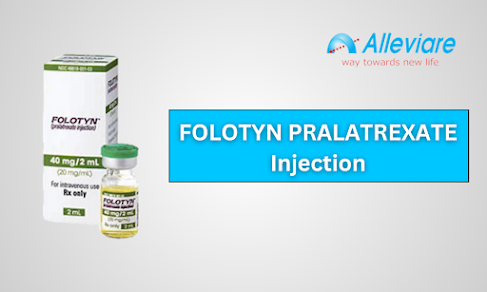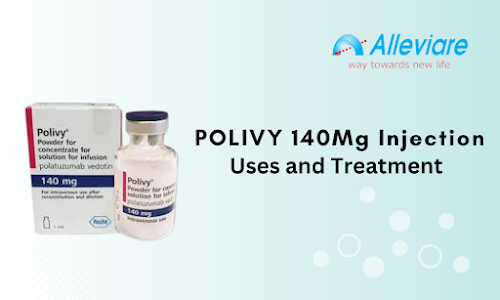MEKINIST
TAFINLAR® (dabrafenib) capsules, in combination with MEKINIST® (Tramatinib) tablets, are indicated:
For the treatment of patients with involuntary or metastatic melanoma with BRF V600E or V600K mutations detected by FAR-approved testing
For adjuvant treatment of patients with melanoma with BRF V600E or V600K mutations, as revealed by FDA-approved testing, and lymph node (s) involvement after complete resection.
For the treatment of metastatic non-small cell lung cancer (NSCLC) patients with Brett V600E mutation as revealed by FAR-approved testing
Limitations of use: TAFINLAR is not indicated for the treatment of patients with wild-type BRF melanoma or wild-type BRF NSCLC.
Important safety information
New primary malaise, dermal and non-dermal. Perform dermatologic evaluation every 2 months before initiation of therapy, and up to 6 months after discontinuation of the combination.
Closely monitor patients for signs or symptoms of nonfatal malformations. Permanently discontinue TAFINLAR for monomeric G protein (RAS) -mutation-positive noncutaneousignities.
Tumor enrichment in BRF wild-type tumors. Increased cell proliferation may occur with BRF inhibitors. Verify BRF V600E or V600K mutation status before starting therapy.
Hemorrhage Major hemorrhagic events, sometimes fatal, can occur in patients receiving TAFINLAR and MEKINIST. Monitor for signs and symptoms of bleeding. Permanently discontinue TAFINLAR and MEKINIST for all grade 4 hemorrhagic events and for any consecutive grade 3 hemorrhagic events. Therapy therapy for grade 3 hemorrhagic events; If improved, resume at the next lower dose level.
Colitis and gastrointestinal perforation. Fatalities have been reported in patients receiving MEKINIST, including colitis and gastrointestinal perforation. Closely monitor patients for colitis and gastrointestinal perforation.
venous thromboembolism. If they develop symptoms of deep venous thrombosis (DVT) or pulmonary embolism (PE), such as shortness of breath, chest pain, or swelling of the hands or feet, patients immediately seek medical care. Recommend to take. Permanently discontinue TAFINLAR and MEKINIST for life-threatening PE. Stop MEKINIST for direct DVT and PE for up to 3 weeks; If improved, MEKINIST can be resumed at lower doses.
Cardiomyopathy. Cardiomyopathy may occur, including heart failure. Assess left ventricular ejection fraction before treatment with TAFINLAR and MEKINIST after 1 month of treatment, every 2 to 3 months thereafter.
Ophthalmic toxicity.
Retinal vein occlusion (RVO) can give rise to macular edema, decreased visual function, neovascularization, and glaucoma. Ophthalmically (within 24 hours) perform an ophthalmological assessment for a patient's reported loss of vision or other visual disturbances. Permanently discontinue MEKINIST in patients with documented RVO.
Retinal pigment epithelial detachment (RPED) may occur with MEKINIST administration. Stop MEKINIST when RPED is diagnosed. If the resolution of RPED is documented on repeat ophthalmologic evaluation within 3 weeks, resume MEKINIST at the same or lower doses. If not improved after 3 weeks, reduce the dose or discontinue MEKINIST.
Uveitis (including iritis and iridocyclitis) may occur with TAFINLAR. Perform an ophthalmology assessment for any visual disturbances. Monitor patients for visual signs and symptoms of uveitis (eg, changes in vision, photophobia, and eye pain). Permanently discontinue TAFINLAR for more uveitis of 2 or 6 consecutive weeks.
Interstitial lung disease (ILD). Prevent MEKINIST in patients presenting with new or progressive pulmonary symptoms and findings including cough, dyspepsia, hypoxia, pleural effusion, or infiltration, pending clinical investigation. Permanently discontinue MEKINIST for patients with treatment-related ILD or pneumonitis.
Severe fibril reactions. Any severity reaction or fever complicated by hypotension, stiffness or chills, dehydration, or renal failure may occur with TAFINLAR and MEKINIST. The occurrence and severity of pyrexia increases when TAFINLAR is administered with MEKINIST.
Severe skin toxicity. Monitor for skin poisoning or for secondary infection. Prevent TAFINLAR and MEKINIST for intolerable or severe skin toxicity. Resume TAFINLAR and MEKINIST at low doses in patients with improvement or recovery of skin toxicity within 3 weeks. Permanently discontinue TAFINLAR and MEKINIST if skin toxicity has not improved within 3 weeks.
Hyperglycemia. Monitor serum glucose levels upon initiation, and are clinically appropriate in patients with diabetes or hyperglycemia. Initiate or adapt clinically indicated antihyperglycemic drugs.
Glucose-6-phosphate dehydrogenase deficiency. Closely for hemolytic anemia in glucose-6-phosphate dehydrogenase deficient patients



Comments
Post a Comment